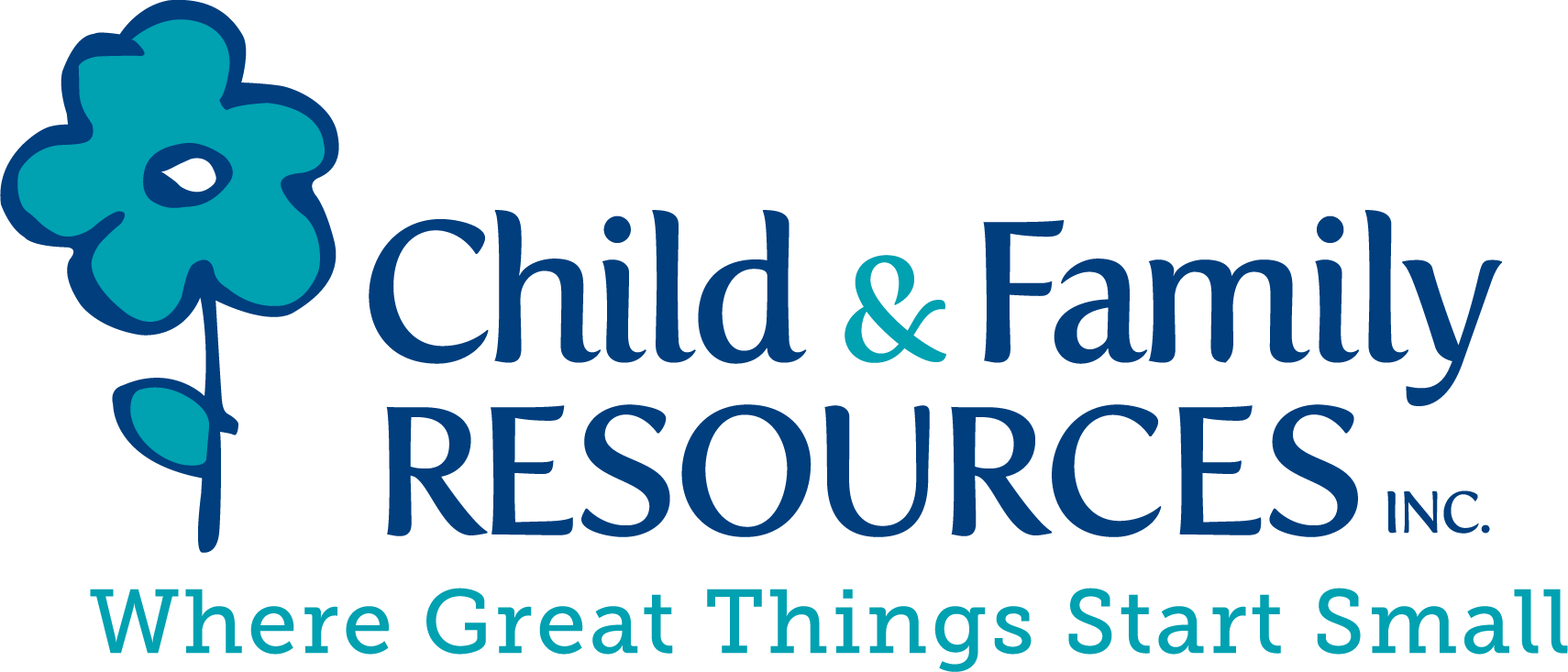Learn More
“Arizona Ranks 45th in Overall Child Well-Being”
Annual Annie E. Casey Kid Count Data
Local and country-wide priorities create systems that work against children and families: low wages drive quality teachers and childcare providers out of the field; programming for teens is rare and often limited in scope, and funding is disproportionately allocated to intervention programs and punishment for families after the damage is already done.
“Arizona owes its low score to a few key indicators: children living in high-poverty areas, low enrollment in early-childhood education, and access to health care.”
90% percent of brain development happens in the first five years of life, yet over half our state’s children are not in a school or child care situation that will provide the developmentally appropriate education they need. Educating our youngest citizens at the most crucial time in their development yields rewards many years in the future, as young people grow into well-educated adults who will become the leaders of our state.
When information is power why do we withhold information from our teens? When teens receive medically accurate information about their health they are more likely to delay the onset of risky behaviors, including sex and drug use. Yet, in Arizona funding is more common than funding for programs that empower teens.
The average pay range for a child care worker in AZ is around $11.50 per hour.

Our Solution
Community-Based, Multi-Generational Prevention Programs That Break Cycles of Poverty and Position Children and Youth to Reach Their Full Potential
In multiple cities across Arizona, we are providing evidence-based prevention and education programs. Our service models are based on best practices in the field, with ongoing quality improvement and community engagement to expand, refine, and improve our services to the people of Arizona.
We meet people in their homes where learning is more impactful and proven to be effective at preventing abuse. We work with parents and children, teaching across generations in a way that has demonstrated the power to disrupt cycles of poverty. We train early childhood educators and advocate for access to the type of quality child care that builds the fundamental foundation for all future learning.
